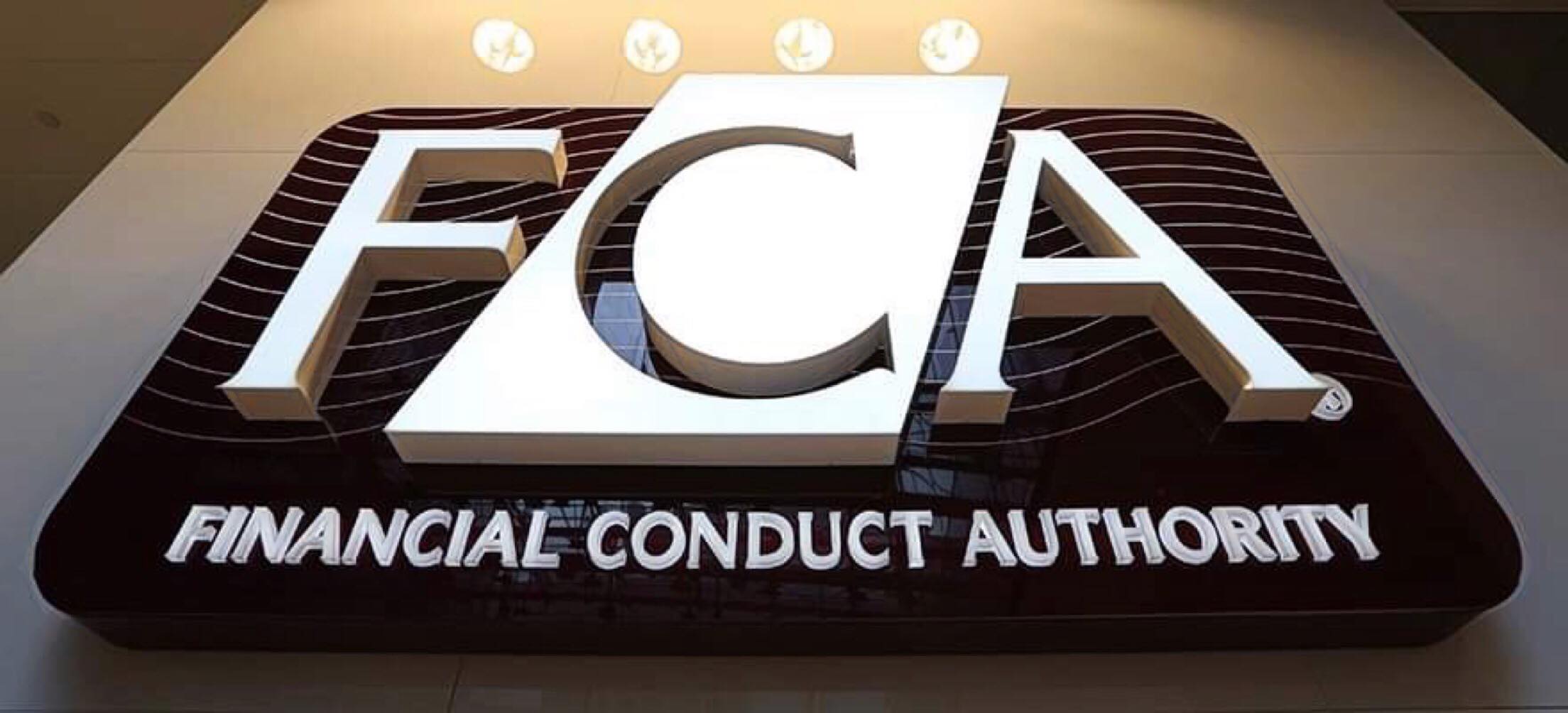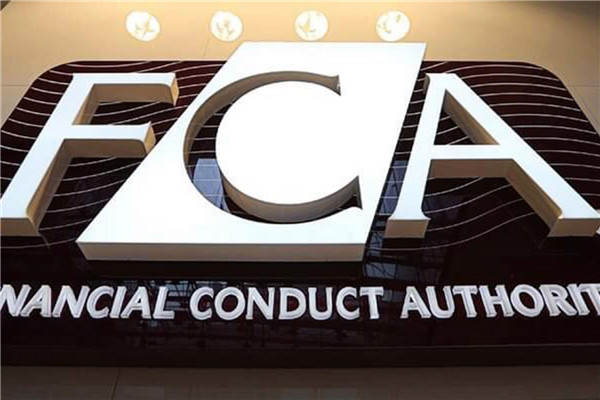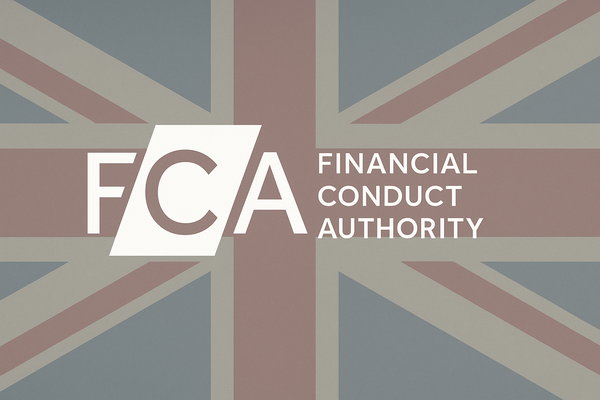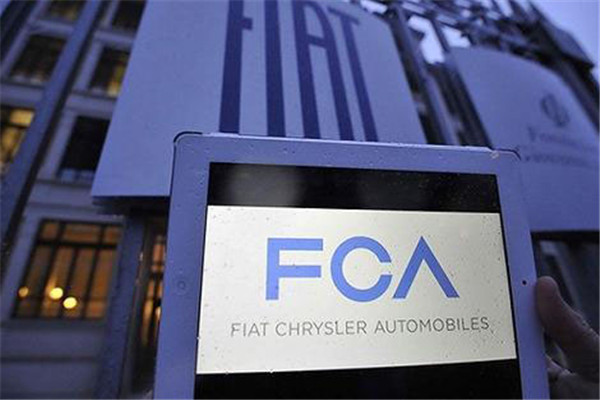The UK FCA license, namely the Financial Conduct Authority, is the
abbreviation of the Financial Conduct Authority. It was established in 2013 and
is responsible for regulating investment financial institutions such as banks,
insurance companies, and brokers. As one of the two most respected financial
regulatory agencies in the world, the FCA provides relatively high leverage
compared to the NFA in the United States, making it a highly valued license for
foreign exchange brokers.

The regulatory licenses of the FCA in the UK can include four categories:
European Union (EEA Authorized), AR (Applied Representative), payment license,
and full license (Authorized).
1. FCA's EU license plate
This type of license plate is the lowest among the
four major categories. According to regulations, companies holding such licenses
can provide financial services in the European Union, but without FCA
regulation, they cannot enjoy the UK Financial Services Compensation Scheme
(FSCS).
2. AR license
The difference between this license and the EU license is that
brokers holding this license are regulated by the FCA and have joined the FSCS.
Companies with such licenses do not need to have offices in the UK.
3. Payment license
It can be understood from its literal meaning that it is
distributed to foreign exchange brokers who also have payment businesses.
4. Full license
The highest qualified license in FCA and also the most
favored type of FCA license by investors and powerful brokers.
This license plate can be divided into the following three types based on
different modes:
1) Investment Consulting License (IFPRU 50K License): Refers to a company
with a margin of 50000 euros that cannot market or hold investor funds, but
investor funds are protected by FSCS;
2) STP license (IFPRU 125K license): Refers to a company with a margin of
125,000 euros that cannot make a market but can hold customer funds and can only
engage in STP/A Book business with funds protected by FSCS;
3) MM license (IFPRU 730K license): it refers to the security deposit of
730000 euros. Such companies can not only make markets but also hold customer
funds. They can also do STP/A Book or Market Maker/B Book business. The funds
are guaranteed by FSCS, which is the highest level of FCA license.
The companies that can apply for FCA are:
1. Local financial institutions or companies in the UK;
2. Financial institutions or companies with actual operations in the UK;
3. It is necessary to hire professionals and establish directors and
shareholders of the company.
4. Pay the deposit and application fees in full;
5. Joining the Financial Services Compensation Program: Maximum compensation
limit of £50,000;
6. Comply with relevant provisions such as anti-money laundering regulations,
payment service regulations, and electronic currency regulations.
Common threshold requirements:
1. Registration requirements
The FCA requires all institutions and individuals engaged in financial
services activities to register in order to obtain the necessary authorization
and supervision. Registration requirements include submitting application forms,
providing relevant documents and information, and paying corresponding fees.
2. Capital requirements
The capital requirements of the FCA for financial service institutions depend
on their nature and scale. Generally speaking, financial service institutions
need to have sufficient capital to ensure their stable operation and payment
capacity in the market.
3. Professional requirements
According to the specific business engaged in, the FCA may have requirements
for the professional qualifications and experience of financial service
institutions and practitioners. For example, personnel engaged in investment
consulting or sales may need to obtain specific qualifications, such as the
Investment Advice Qualification.
4. Comply with rules and regulations.
The FCA has a series of rules and regulations for financial service
institutions and individuals, including codes of conduct, risk management,
reporting requirements, etc. Financial service institutions and individuals are
required to comply with these rules and regulations and ensure that their
business activities comply with FCA regulatory standards.
The threshold requirements of the FCA may vary depending on different
financial service activities, institutional types, and regulatory policies.
Therefore, specific threshold requirements may require reference to official FCA
documents and guidance.
Disclaimer: Investment involves risk. The content of this article is not an investment advice and does not constitute any offer or solicitation to offer or recommendation of any investment product.


























